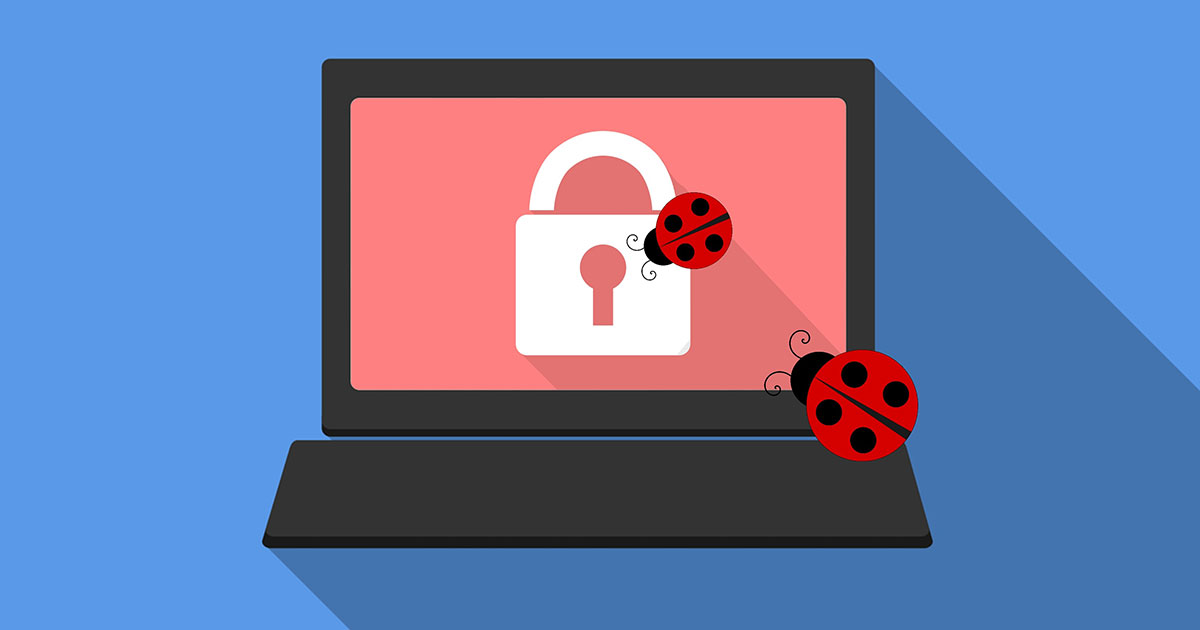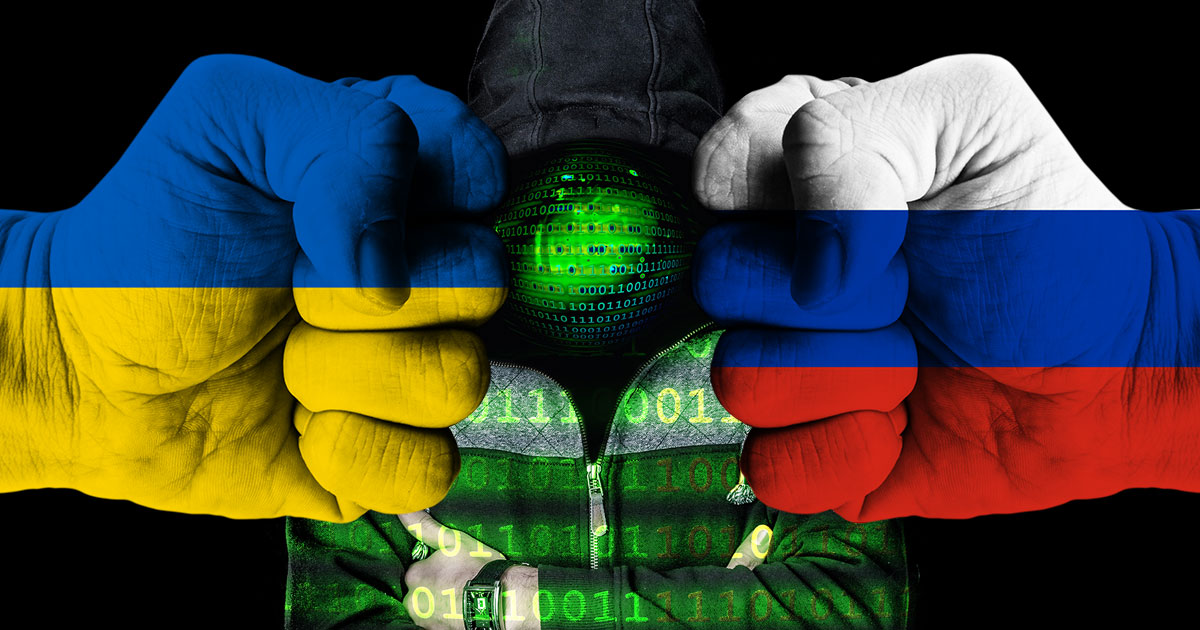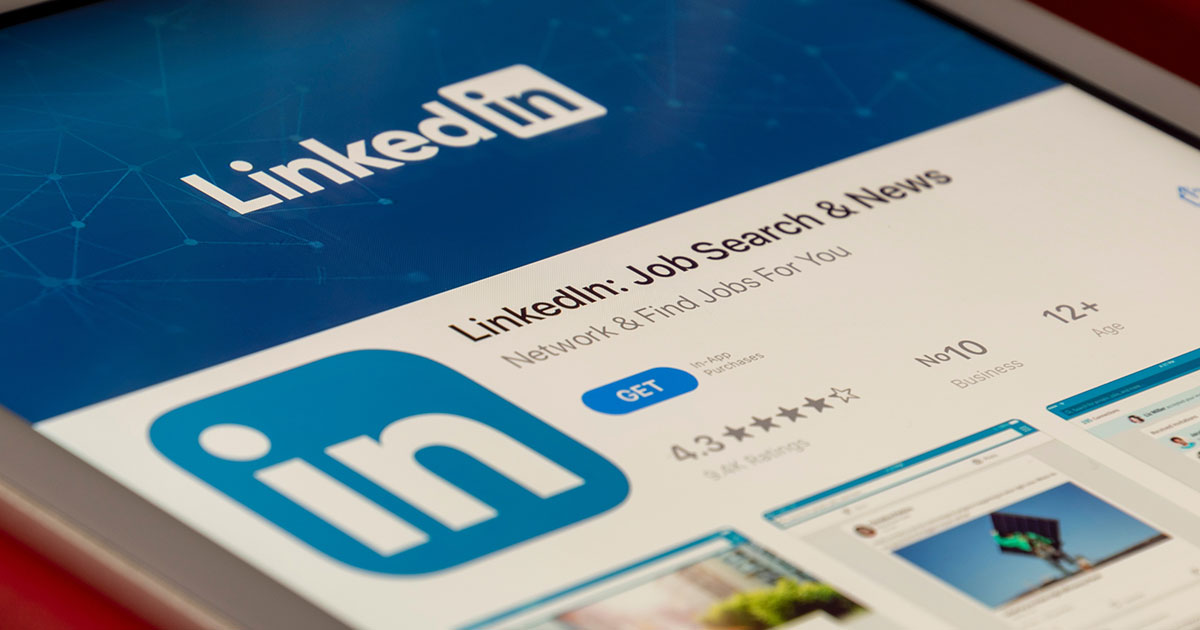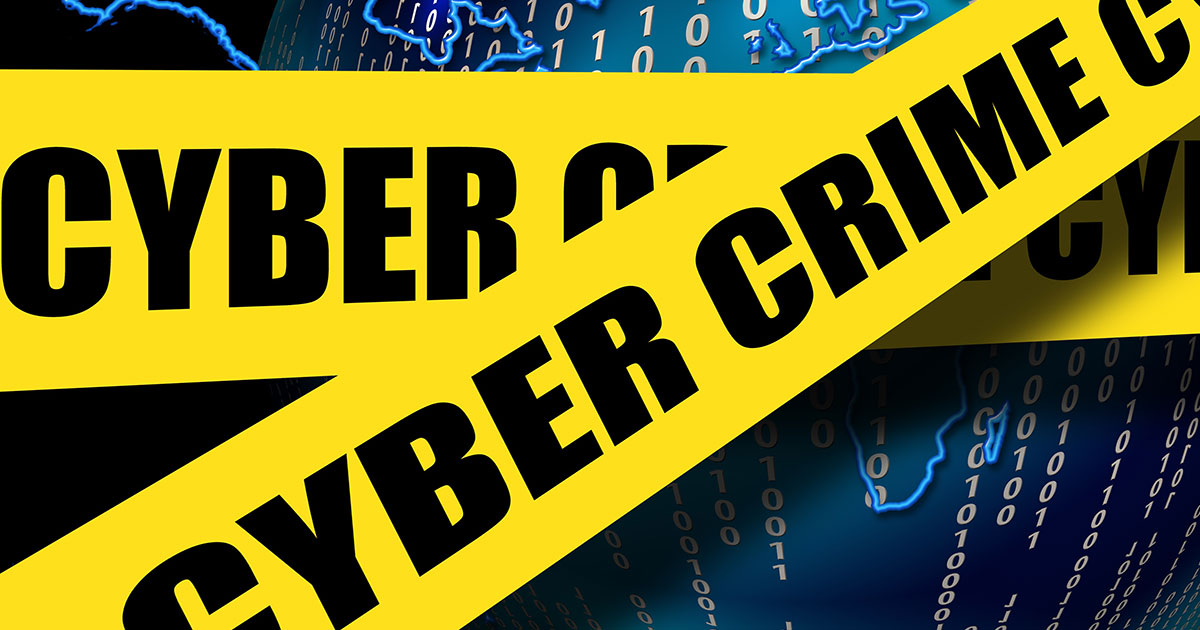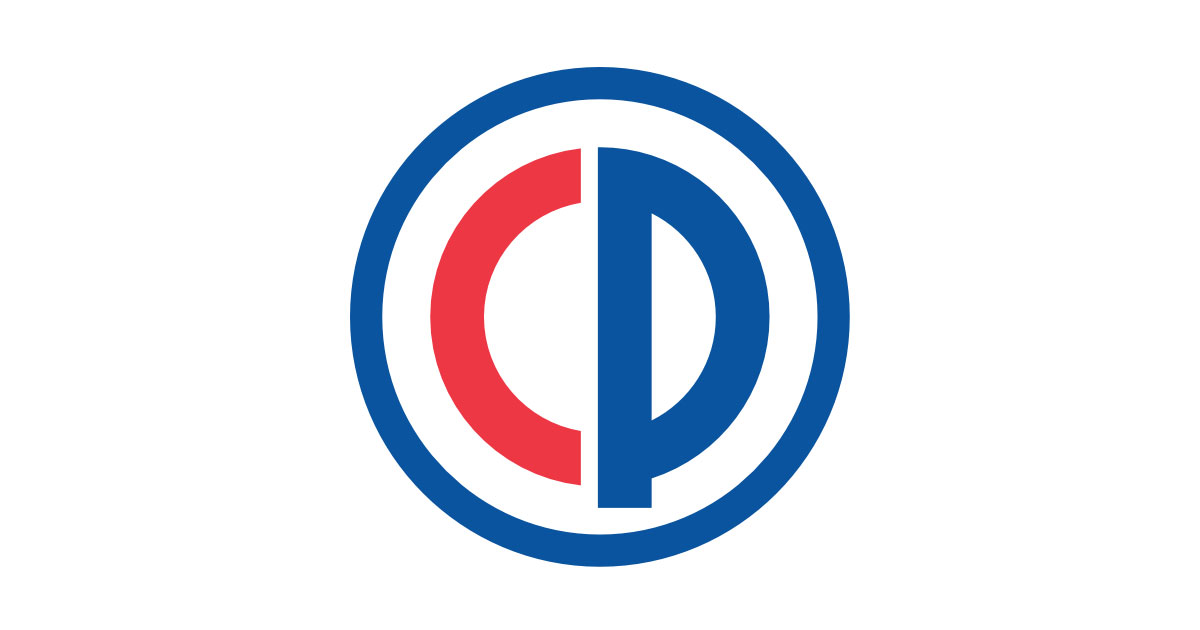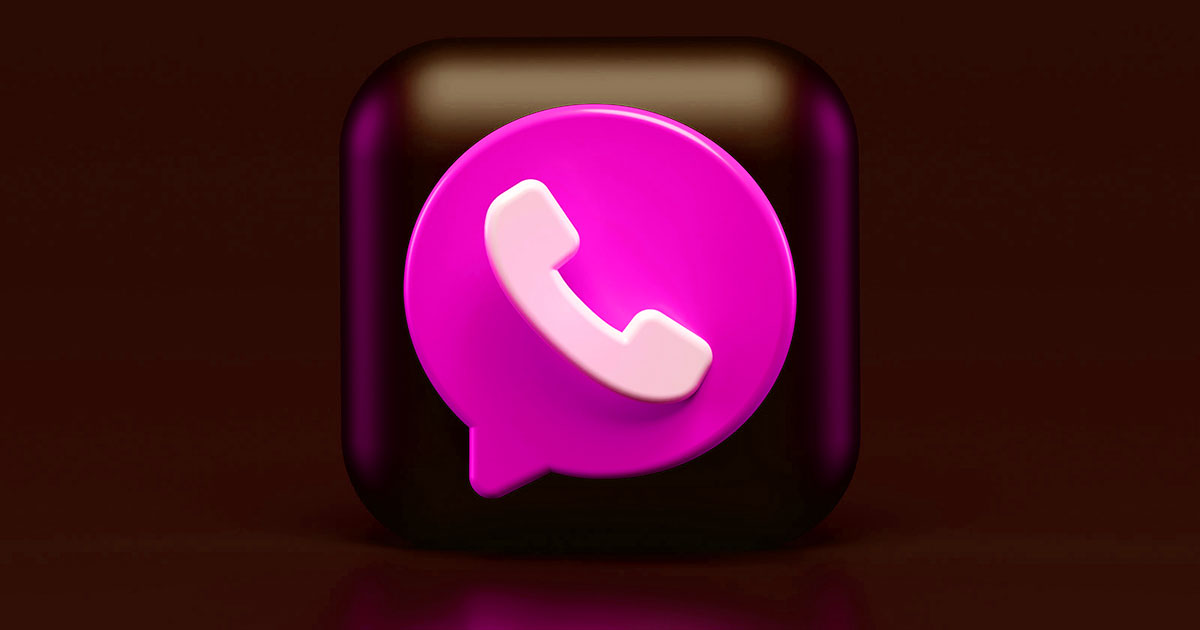
Massive cyberattack hits India health insurer, millions of customers' data at risk
Star Health, one of India's largest health insurers, is currently reeling from what is being termed a major cyberattack in which the personal data of 31 million customers stands compromised. Ransom requested by the attackers who have claimed responsibility: $68,000. This headline should jolt you out of your chair, whether you are a Star Health customer or simply someone interested in online security. Let's find out exactly what happened and how it impacts you - and what it spells for the future of cybersecurity.
What Happened?
The cyberattack came to light when Star Health announced that they had received a ransom demand after a significant portion of their customer data was stolen. The hackers have not only breached the company's systems but have also listed the data for sale on dark web platforms, threatening further leaks if their demands are not met.
The magnitude of the breach cannot be overemphasized— customer names, contact information, health records, and sensitive insurance data are some of the information stolen. Given the amount of personal information compromised, this breach has the potential to lead to rampant fraud and identity theft.
The Ransom Demand
According to reports, the hackers are asking for $68,000 to stop the sale and prevent further destruction. While this amount may seem rather modest when contrasted with other ransom demands, the ramifications are far more significant. Because already the leaked data has been put up for sale on underground forums, meaning it is now within reach of cybercriminals from all corners of the globe. And even assuming that the ransom is paid, it's not a cast-iron guarantee the data will ever be safe.
This is not just about money—it's about trust. How does a company recover from something like this, and how do customers regain confidence that their data is being protected? These are the questions many are asking, and they require urgent answers.
What Does This Mean for Customers?
For a Star Health client, the fallouts of this breach look pretty grave. Stolen data runs the gamut from policy particulars to medical records; this puts a person at substantial risk of identity theft, financial fraud, and even health-related scams. Hackers could easily use this information to impersonate the person and open fake accounts or, even worse, make fraudulent insurance claims in their name.
It's critical to act now. Check if your data is compromised and take immediate steps to protect yourself. Regularly monitor your financial accounts and consider using identity protection services to mitigate the risks. Now is the time to tighten your online security measures, update your passwords, and remain vigilant.
Why This Matters More Than You Think?
The cyberattack itself may be something not new today but the timing and scale make this incident so alarming. 31 million leaked records make this one of the largest data breaches in history. Further, and most importantly, it is a company on which people rely to protect their health and well-being. A breach like this would not only impact financials but also have way greater impact on the scope of privacy and health data protection.
This attack highlights a growing issue for businesses globally—cybersecurity defences are often lagging behind the sophisticated methods used by hackers. For companies that handle sensitive data, a breach can led to lawsuits, loss of reputation, and hefty fines. For consumers, it's a reminder that no system is entirely safe.
What Happens Next?
Star Health has stated that they are working closely with cybersecurity experts to contain the breach and secure their systems. However, the company's response has been met with criticism. Many feel that Star Health could have done more to prevent the attack and are now worried about how quickly the situation can be resolved.
This is not only limited to one firm; it speaks volumes about the increasing susceptibility in the insurance industry. With the mounting risks that follow as more companies store their data on digital platforms, the big question is on how fast companies like Star Health will up their defences. And, on the other hand, how long will it take for customers to regain confidence?
What Can You Do?
Now more than ever, individuals need to take charge of their own cybersecurity. If you are a Star Health customer, here's what you can do right now:
- Change your passwords: Make sure you update any passwords linked to your insurance account, email, or bank accounts immediately.
- Monitor your accounts: Keep a close eye on your bank statements and credit reports for any suspicious activity.
- Stay informed: Watch for official communications from Star Health on steps they are taking to protect your data and any further developments in the case.
- Consider extra protection: Investing in an identity theft protection service could help you detect any fraudulent activity early and avoid further damage.
The Bigger Picture: Are We Safe?
This breach is evidence that no one is immune to cyberattacks. With a greater reliance on digital service, individuals, and groups holding personal data will become a prime target for cybercriminals. Companies sharing insurance— among those with good reason to be anxious, given the extensive volumes of highly sensitive data, remain among the most exposed. Hence, the prevalence and damages of cyber liability events continue to rise.
The Star Health breach should be a wake-up call for the entire industry to enhance the level of cybersecurity. That's what consumers expect, and that's what consumers deserve; better protection for their data. Midst of the situation, all companies must reevaluate their security measures and invest in much stronger, proactive defences.
What's Next for Star Health?
With investigations still ongoing on the breach, Star Health has a lot of rebuilding to do in gaining back the reputation and trust of customers. Whether they will opt to pay the ransom or find another channel that they can use to assure their customers' safety. But either way, the image of the company is forever tainted.
At this juncture, consumers should analyze their dependence and act in the direction of the protection of their data. This issue involves not only one organization but symbolizes modernity. Everyone must be alert to cybersecurity, especially now. So be vigilant and get informed; take steps before it is too late.
Exclusive Blog
Read All Exclusive Blog »
With world working from home, it's time to make it enjoyable and effective.
Read DetailsHacking Tools
Explore All Hacking Tools »
UFTP is an encrypted multicast file transfer program for secure, reliable & efficient transfer of files. It also helps in data distribution over a satellite link.
Read Details



